US wants Iran stripped of capacity to challenge US hostile propaganda
The United States’ “seizure” domains belonging to some Iranian websites, including Press TV, is because Washington does not want Iran to challenge the US “hostile propaganda,” a political analyst says.
“By shutting down Press TV[.com domain], the US is attempting to deprive Iran of its capacity to challenge hostile propaganda, and put forth its own counter-narrative of controversial events, and more generally of peace, justice, and democratic governance,” American scholar Richard Falk told the Press TV’s website in an interview on Wednesday. “In effect, being able to exercise monopoly control of media platforms is a crucial representation of power.”
A message appeared Tuesday on the websites of a series of Iranian and regional television networks, claiming their domains had been “seized by the United States Government.”
‘Suspicious timing’
The seizure, which featured the seals of the US Federal Bureau of Investigation and the US Commerce Department, had a “suspicious timing,” according to Falk.
He referred to the victory of President-elect Ebrahim Raisi in the June 18 race as well as indirect negotiations between Tehran and Washington over Iran’s nuclear program.
“Again this time the seizures were presented as implementations of the US sanctions procedures. The timing is suspicious, coming a few days after a new Iranian president, Ebrahim Raisi, was elected and just prior to the resumption of a seventh round of talks in Vienna to negotiate indirectly the restoration of US participation in the Iran nuclear program deal of 2016 coupled with a phasing out of the sanctions.”
He further speculated that the hostile move against Press TV and other Iranian websites could signify the Israeli regime’s influence in pursuing anti-Iran policies in Washington or the White House reaction to a new president in Iran.
“These developments raise crucial questions about motivation and goals: does it reflect Israeli influence designed to prevent restoring US participation in and Iranian compliance with the JCPOA, the technical name of the nuclear deal? Or is it a reaction to the outcome of the Iranian presidential election, which resulted in a landslide victory for a candidate presented as hostile to the West, and particularly to Israel and the United States?
The Iranian Foreign Ministry and the Islamic Republic of Iran Broadcasting (IRIB) have both condemned the move, deemed as an attack on freedom of expression.
In the US, media outlets work based on profit and they have never been more consolidated than today.
They tend to give their consumers what they want to hear and act in the interests of the umbrella corporations controlling them.
On the other hand, US-owned social media such as Twitter and Facebook at times amplify disinformation and crack down on freedom of speech.
Missile fired from Yemen hits Tel Aviv
VIDEO | Iran emerging as aviation service hub through innovative solutions
Iraq exhuming remains of 100 Kurdish women, children killed by Saddam
Panama rejects talks with US over canal control
HTS rulers name al-Qaeda operative as Syria's new spy chief
Iran voices concern about rising insecurity, violence in Syria
VIDEO | Karachi sit-in amplifies nationwide call for justice for Parachinar victims
Iran strongly condemns Israeli bombing of Yemen's civilian infrastructure


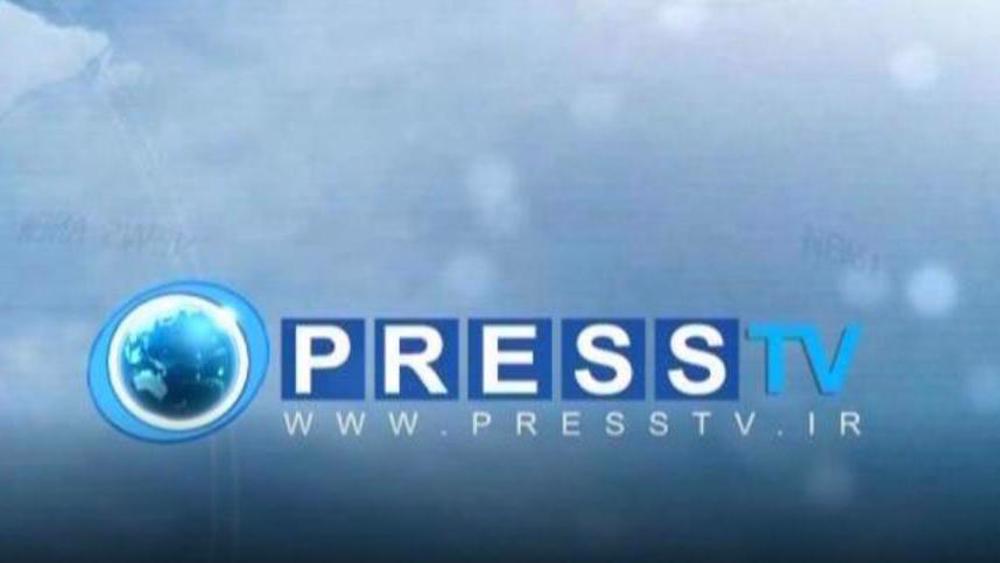
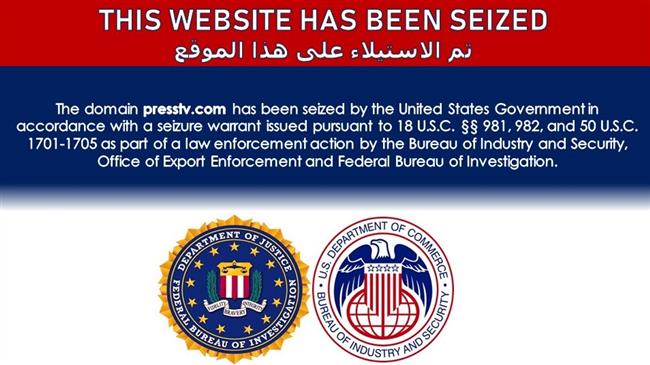
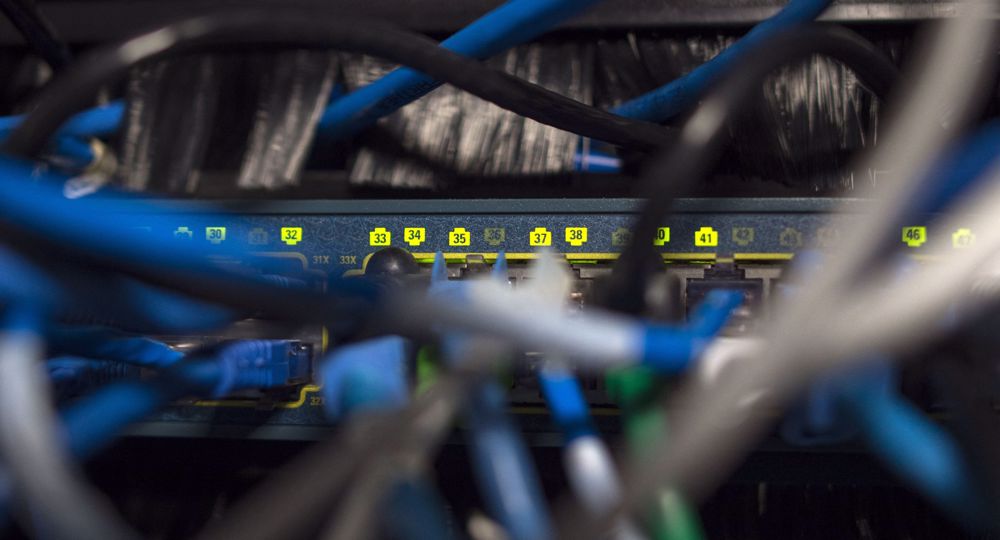
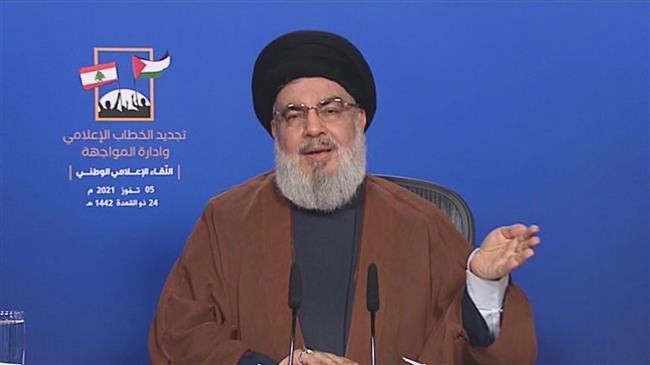
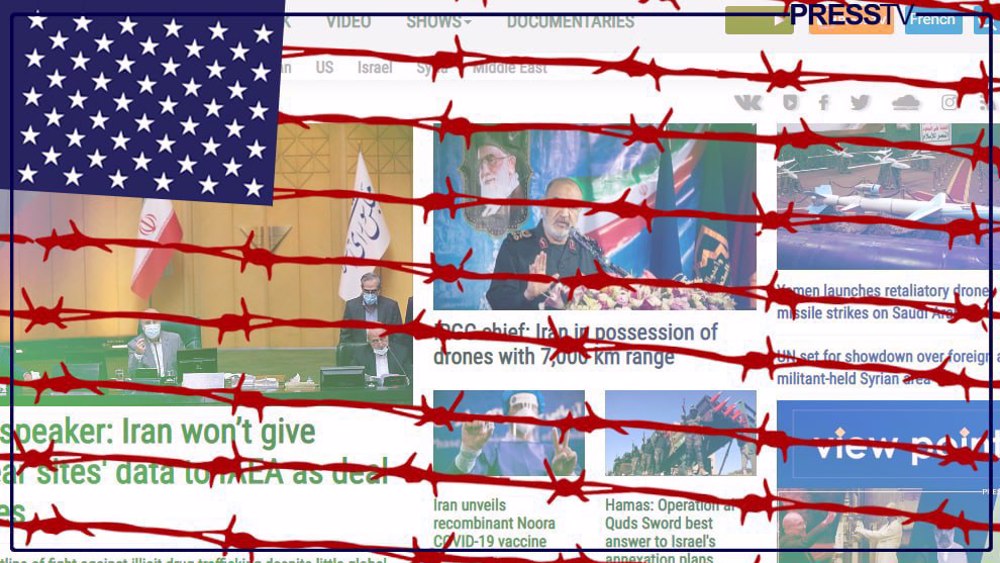




 This makes it easy to access the Press TV website
This makes it easy to access the Press TV website